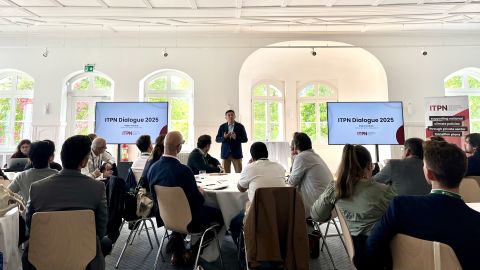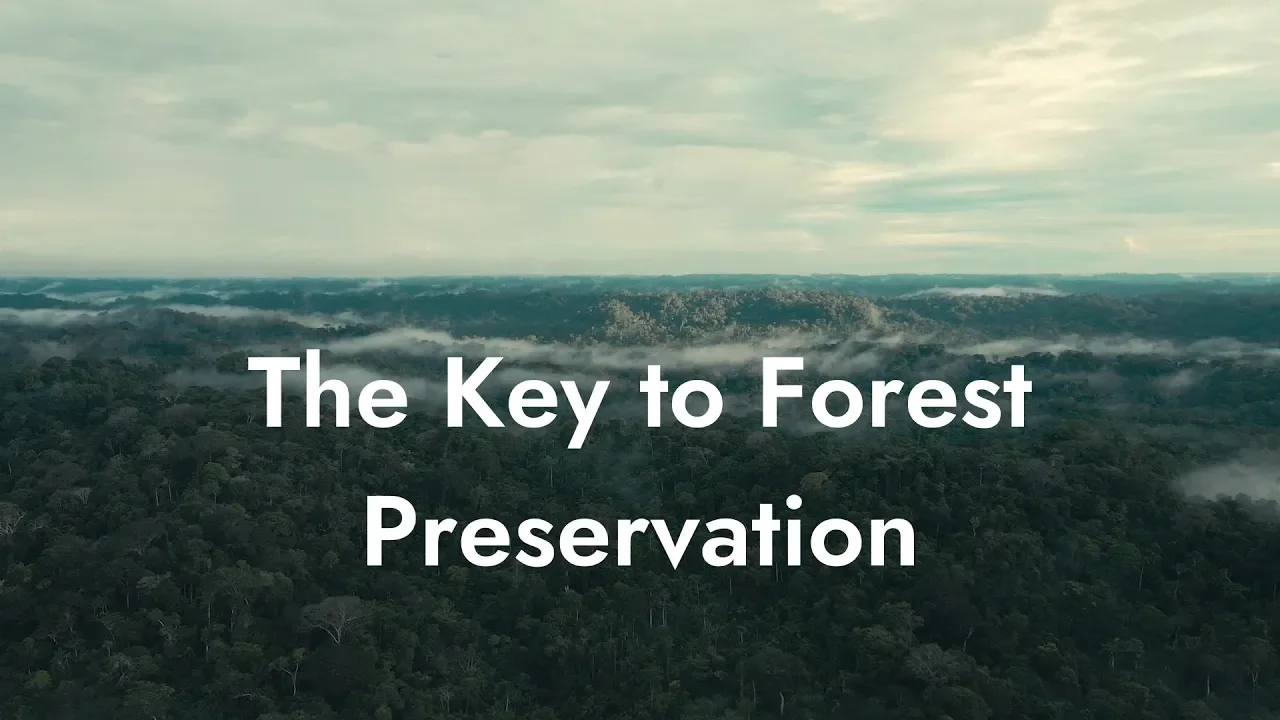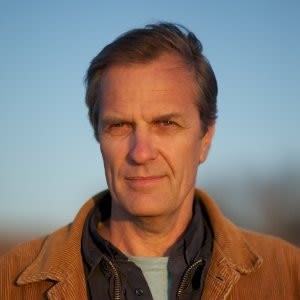Ideas from the Speakers
The session began with the first speaker highlighting the uncertainty of today’s global landscape. Efforts to decarbonize the economy and to mobilize capital for the transition face four major headwinds: shifting policy and political dynamics, regulatory hurdles, lackluster financial performance, and weakening demand.
The expert stated that, despite collaboration between governments and Conference of the Parties (COP) processes, intentions often fail to translate into concrete action at the necessary pace. However, he recognized that significant amounts of capital are flowing into the transition, driven by a strong and compelling economic case.
Last year alone, China increased its solar production capacity by 217 gigawatts, investing $650 billion in the energy transition, twice the amount invested by Europe. The growing global share of renewable energy, which is cheaper and less volatile, helps stabilize energy prices amid geopolitical tensions and creates jobs at a rate that has consistently outperformed the fossil fuel industry.
The speaker touched on the unintended consequences of well-intentioned waves of new regulation. Diverging taxonomies, varied reporting requirements, and inconsistent jargon, combined with a lack of quality data, have created confusion for investors. As a result, corporations are operating under a mindset of “mandatory compliance,” sparking debates on fiduciary duty, greenwashing, and other related issues. He emphasized the need for a global framework that prioritizes transparency and fosters investor confidence through clear, consistent rules—focusing on creating the right incentives rather than relying on moral appeals.
He stressed the importance of shifting the narrative on sustainability to a more positive tone, one centered on the tremendous investment opportunities the transition offers.
The speaker also noted that, although renewable energy stocks have declined by roughly 30% in recent years, stocks in resource and energy efficiency have increased by 500%, and those in waste management by over 40%. While these trends are moving in the right direction, the overall pace remains too slow.
The discussion then moved to a Q&A with the speakers. When asked about the current net-zero landscape, a speaker highlighted the geographical differences in sustainability engagement across continents and cultural contexts. This was echoed by another speaker who described the Nordic region’s perspective on the net-zero transition as one of “inevitability,” supported by ambitious corporate and financial sectors and strong policies.
One speaker claimed that asset owners in the United States are encountering challenges in the transition due to the current political climate, although they remain committed to their environmental, social, and governance goals. In recent years, she has seen investors increasingly engaging with policymakers to advocate for carbon pricing and the integration of climate considerations into capitalist market structures.
According to another speaker, the unique position of asset owners within the investment value chain allows them to drive systemic change by engaging with asset managers and shaping investment priorities.
Asset owners are capitalizing on this position: they are increasingly committing to climate action investment strategies and embedding sustainability into all aspects of their portfolios. In fact, the asset owners who began their net-zero journey in 2019 have already achieved significant results, with portfolio emissions reduced by approximately 44%.
One speaker suggested that this may be due to the widespread impact of climate change on all sectors of the economy. Industries from fast fashion, facing cotton shortages due to floods or droughts, to food production, where climate change is affecting crop quality, have all been impacted. Another speaker reinforced this point, stating that insurance companies are increasingly taking climate risks into account in their business models and are helping to drive investment in sustainable solutions.
Engagement and collaboration were two words used repeatedly during the discussion – not only between asset owners and managers but also in relation to emerging markets. Fiduciaries, asset managers, and asset owners are increasingly focusing on emerging markets, which generate 66% of global emissions despite representing only a small portion of the average developed market portfolio.
These markets often depend on hard-to-abate sectors, prompting a speaker to emphasize the need for targeted transition strategies, such as setting sector-specific targets and adopting tailored approaches for emerging and developing markets.
Questions on fiduciary duty were then raised, but one speaker argued that the role does not conflict with long-term sustainability investing but rather complements it. He also stressed the need to consider beneficiaries’ sustainability preferences.
The session concluded with acknowledging the limited opportunity for audience input due to time constraints and emphasized the importance of bringing stakeholders in industries worldwide together to advance progress on the net-zero pathway.










